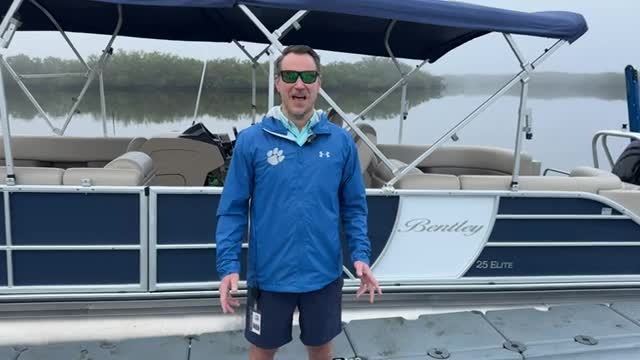Pasco County students plant mangroves and build oyster habitat during Durney Key restoration outings
Get AI-powered insights, summaries, and transcripts
Subscribe
Summary
Students from Pasco County Schools joined a restoration project at Durney Key to plant mangroves, build oyster domes and collect data for permits needed from the U.S. Army Corps of Engineers and DEP. Organizers said boats used to reach the key were bought with BP settlement money from the 2010 Gulf oil spill.
Pasco County Schools students took part in a hands-on restoration project at Durney Key, planting mangroves, removing invasive plants and building oyster domes intended to create new habitat, Pasco County Schools staff said. The outings, organized at the EMC, are tied to the district’s science curriculum and include field data collection that organizers said will support permit applications.
Organizers said the field trips let students work on local habitat restoration while meeting classroom standards. “So much of what they're doing here applies right back to the classroom,” a Pasco County Schools staff member said. “It's a chance for them to put their hands on something local that they can take ownership in and say I helped do that.”
The restoration project includes trash removal, invasive plant control and construction of oyster domes to promote oyster habitat and shoreline resilience. According to restoration project staff, students also collect measurements and other field data that will be used in permit applications. “A lot of the students say, ‘I feel like a real scientist,’ and they really are. They're collecting data that we're gonna be using to put our permit into the Army Corps of Engineer. We also have to get a permit through DEP, which owns Derny Key,” the restoration project staff member said.
Project organizers attributed improved access and safety for the outings to boats purchased with funds tied to the 2010 Gulf of Mexico BP oil spill. “So the boats were purchased with BP money… the companies that were responsible for that were fined under the Clean Water Act about $15,000,000,000,” the restoration project staff member said, describing the source of funding for equipment that allows staff and students easier transport to the key.
Students described the fieldwork as both educational and enjoyable. “Wow, look at the barnacles on those. Amazing,” a student said while examining marine life during the outing. Teachers and staff said students will continue to grow mangrove seedlings in classrooms and later return them to the site, tying in classroom learning with hands-on stewardship.
Organizers said the work on Durney Key is part of a longer effort to restore the island's native vegetation and marine habitat. They described the project as ongoing — the boats and student-collected data are enabling both larger restoration work and the permit process required by regulatory agencies before long-term interventions proceed.
No formal decisions or votes were recorded in the transcript of this segment; the discussion described field activities, funding sources and the data-gathering steps organizers said are needed to obtain regulatory permits.
